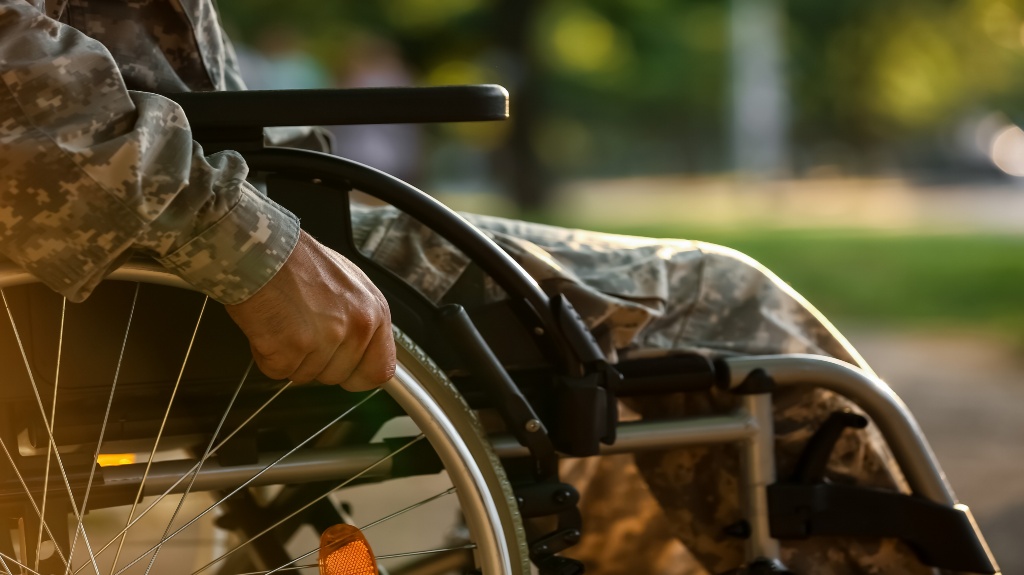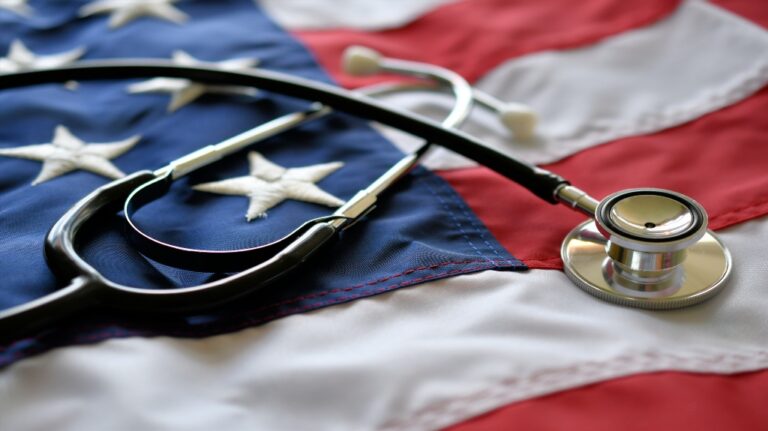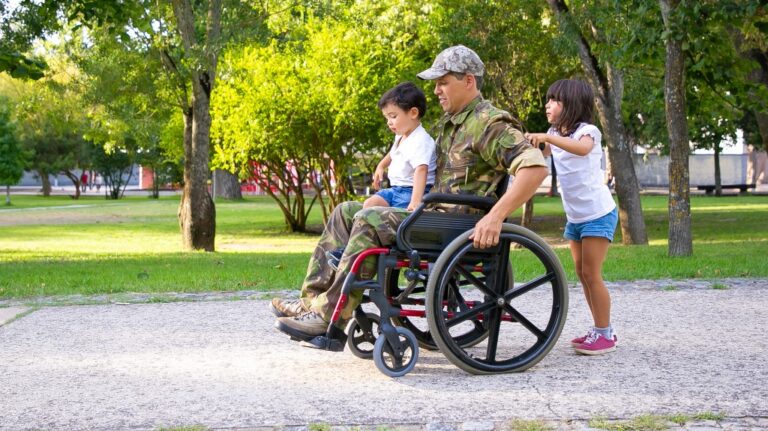VA Benefits for Less Common Service-Connected Disabilities

When veterans think of service-connected disabilities, they often imagine common conditions like PTSD, hearing loss, or musculoskeletal injuries. However, many veterans suffer from rare or less common disabilities that are also related to their military service. Navigating the VA claims process for these lesser-known conditions can be challenging, but understanding your rights and the benefits available can make a significant difference in receiving the compensation you deserve.
In this blog, we’ll explore what qualifies as a less common service-connected disability, how the VA evaluates these claims, and how to build a strong case to get the benefits you’re entitled to.
What Are Less Common Service-Connected Disabilities?
Rare or less common service-connected disabilities include conditions that affect a smaller portion of the veteran population or are less frequently diagnosed. Some examples include:
- Autoimmune disorders like lupus or multiple sclerosis
- Rare cancers potentially related to chemical exposures (Agent Orange, burn pits, etc.)
- Neurological conditions like amyotrophic lateral sclerosis (ALS) or Parkinson’s disease
- Infectious diseases that veterans may have contracted during service, such as malaria or leishmaniasis
- Environmental-related illnesses from exposure to toxins or contaminated water
While these conditions may be rare, the impact on a veteran’s life can be just as severe as more common disabilities, and they deserve the same level of attention and care from the VA.
How the VA Evaluates Less Common Disabilities
The VA follows the same process to evaluate all service-connected disability claims, but less common disabilities, there may be additional hurdles. The primary challenge is often proving that the condition is linked to your military service. Since these disabilities may not be as well-documented or widely recognized, you’ll need to present strong medical evidence and service records that establish a direct connection.
Here’s what the VA looks for when evaluating these claims:
- Medical nexus: A clear link between your disability and your military service.
- Service records: Documentation of events, exposures, or incidents that may have caused or aggravated your condition.
- Medical evidence: Medical records, treatment history, and expert opinions supporting your diagnosis and its connection to service.
The more thorough and well-documented your claim is, the better your chances of receiving the benefits you deserve.
Building a Strong Claim for Rare Disabilities
Filing a claim for a rare or less common service-connected disability requires special attention to detail. Below are steps to strengthen your claim:
- Obtain medical records and expert opinions: Your primary care physician, specialists, or VA healthcare providers can help document your condition and establish a service connection.
- Gather service records: Whether it’s deployment to a specific location, involvement in combat, or exposure to harmful chemicals, having thorough service records is crucial in building your case.
- Include lay statements: Statements from family members, fellow service members, or others who have witnessed your condition can support your claim.
- Consult a VA-accredited attorney: Navigating the VA claims process for rare conditions can be overwhelming. An experienced attorney can help you avoid common pitfalls and build a strong case to maximize your benefits.
Potential Challenges with Rare Disability Claims
Veterans with less common disabilities often face additional challenges in the claims process. The VA may not be as familiar with your condition, or there may be less documentation available to prove a service connection. In some cases, claims for these rare conditions are denied or under-rated due to a lack of understanding on the part of VA adjudicators.
To avoid this, veterans need to be proactive in collecting the right evidence and ensuring that their claims are thoroughly documented. Consulting with medical experts who understand your condition and working with a VA-accredited attorney can help strengthen your case.
Protect Your Rights and Get the Benefits You Deserve
Navigating the VA claims process for less common service-connected disabilities can be difficult, but you don’t have to go through it alone. By gathering strong medical evidence, providing detailed service records, and working with an experienced attorney, you can improve your chances of receiving the benefits you’re entitled to.
If you’re a veteran dealing with a less common disability and need assistance with your VA claim, contact VA Benefits Attorneys Powered by Tabak Law today for expert legal advice and guidance. We’re here to help you fight for the compensation you deserve.







